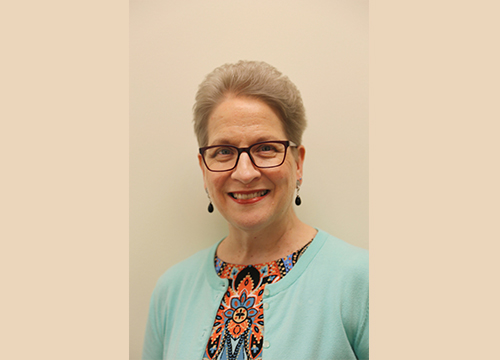Feast of the Presentation of the Lord Mal 3:1-4 Ps 24:7, 8, 9, 10 Heb 2:14-18 Lk 2:22-40
This Sunday, we interrupt our regularly scheduled programming — liturgically speaking — for a special observance. We skip the Fourth Sunday in Ordinary Time to celebrate the Feast of the Presentation of the Lord. The temple setting and themes of surprise and sacrifice weave through the readings.
The prophet Malachi envisions a figure whose sudden arrival at the temple signals judgment and purification. Once this one has done his work, pure and pleasing sacrifice will once again be offered to the Lord for the people.
The ominous question, “Who will endure the day of his coming?” hangs in the air. To the sons of Levi, who in the time of the prophet dishonored the priestly office with corrupt practices, the message is clear: Your days are numbered!
Psalm 24 portrays the Lord as “king of glory” arriving (again, suddenly) at the city gates. The call rings out to open for this mighty one, returning victorious from battle. Who dares to keep this one waiting?
Except for Malachi’s reference to the Lord coming to the temple, there seems little to connect these formidable figures to the infant Jesus. Yet, Hebrews gives us a clue. Though many surely expected a powerful Messiah, a conquering hero, Jesus “had to become like his brothers and sisters in every way.” Only then could he be a “merciful and faithful high priest,” offering his very self to God on our behalf.
The story that gives today’s feast its name forms part of the infancy narrative in the Gospel of Luke. In this account, Mary and Joseph journey to the temple to fulfill the requirements of the Law of Moses.
Following the prescription in Leviticus 12:2-8, they first offer sacrifice for Mary’s purification after birth, then present Jesus according to Exodus 13:2: “Consecrate to me all the firstborn; whatever is the first to open the womb among the Israelites, of human beings and animals, is mine.”
To take Jesus home, Joseph must offer a second sacrifice to “redeem” the child. The consecration of firstborn males and the necessity of redemption in the form of temple sacrifice reminded Israel of her own deliverance from Egypt, recalling the sacrifice of the lamb, which shielded the people from the final plague, the death of the firstborn.
Luke weaves these two moments of sacrifice together, seeming to cover all requirements with “a pair of turtledoves or two young pigeons” (Lv 12:8).
My favorite part of the story comes with the surprise appearance of two local characters. Luke describes Simeon as “righteous and devout, looking forward to the consolation of Israel” (2:25) but also points to his familiarity with the Holy Spirit. Three verbs — rest (upon), reveal and guide — spell this out.
At the prompting of the Spirit, this holy man of Jerusalem is waiting in the temple to greet the Holy Family. Taking Jesus into his arms, he praises God for allowing him to live long enough to see the promised salvation of the Lord. He blesses the parents and the child and gives Mary plenty to ponder in his prophetic words concerning her son.
Then we meet Anna, a one-of-a-kind ancient widow, whom Luke identifies as “prophet.” In a time when the average lifespan hovered around 40 (reflecting extremely high infant mortality), this woman reaches the venerable age of 84, having spent over 60 years as a widow. She spends every day and night in the temple, fasting and praying. She, too, comes forward to praise God and offer a prophetic word.
Simeon responds to the call of the Spirit to visit the temple on this blessed day. This “man of Jerusalem” finds a way in his busy life to pay attention to divine promptings and act upon them. Old and eccentric Anna prays 24/7, keeping her heart open to the divine word at all times. She, too, responds in the moment and comes forward to praise and prophesy.
Melanie serves as regional minister for Christian formation, providing catechetical and pastoral support to parishes in southwest Virginia, and contributing to Office of Christian Formation initiatives across the diocese. She holds a master’s in pastoral studies from Loyola University, New Orleans.

